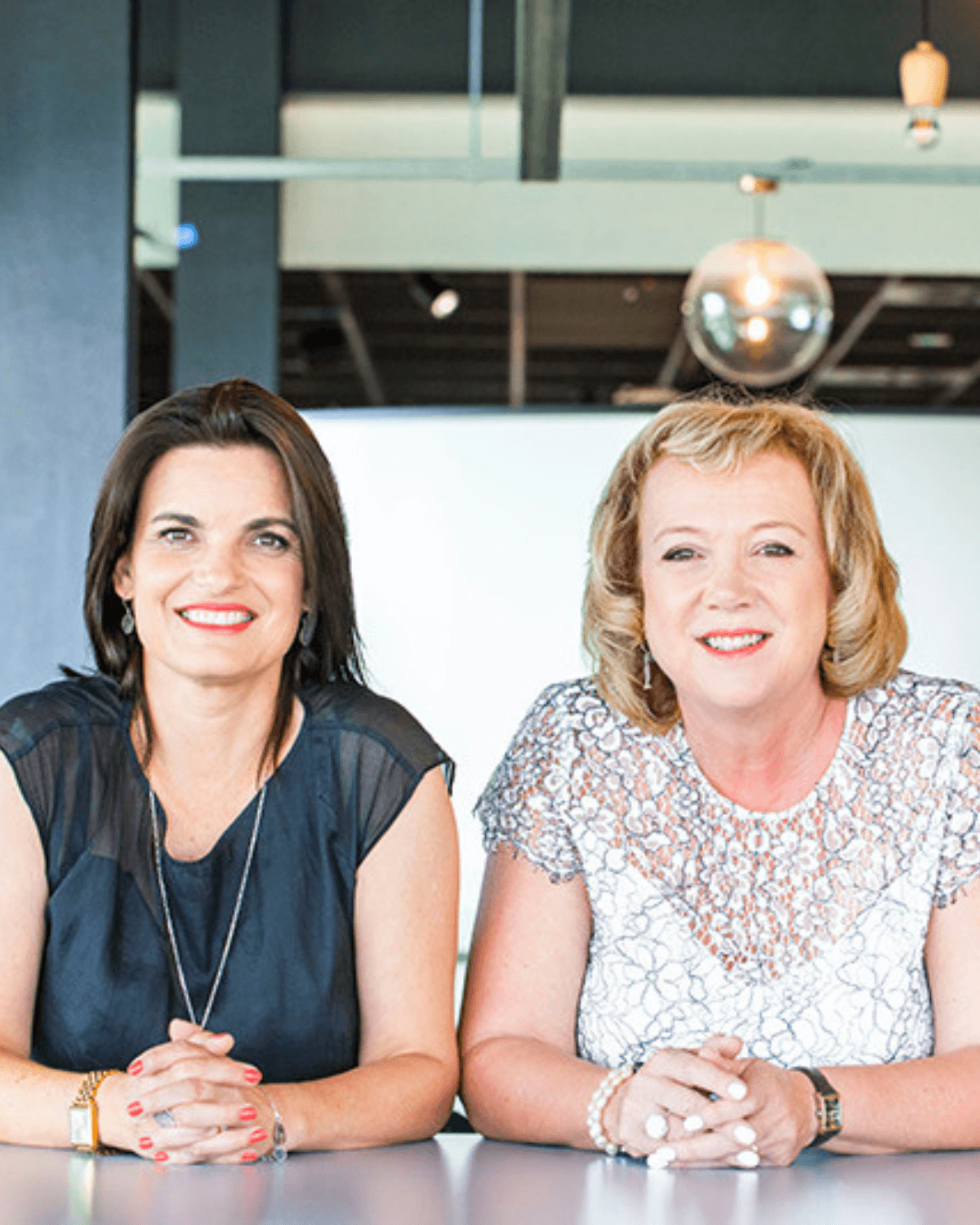Months of cascading climate events – including raging infernoes in Hawaii, monsoon flooding in Libya and world record-breaking temperatures in July – have further heightened the urgency of acting now to prevent our planet from overheating.
Standing aside and doing nothing would be an act of gross irresponsibility. Yet in the face of challenges that each day become more threatening, some of New Zealand’s small to medium-sized enterprises might despair that their actions can have any impact on the compounding effects of climate change.
Size and scale, however, should not deter an organisation from preparing to change. “Business as usual” is precisely what is creating the record-breaking heatwaves of 2023. Professional services firms, which typically have a smaller carbon footprint than the larger business which seek their expertise, can have an important role to play as early adopters of climate-conscious business planning.
There are plenty of opportunities for professional service providers to incorporate sustainability into their business and encourage clients and stakeholders to follow suit, including:
- Adopting a strategy
- Making sustainability BAU
- Growing networks of support and collaboration.
1. Set a course and share learnings
Successful sustainability efforts begin with a formal strategy that aligns with industry best practice. This strategy should be deeply ingrained in an organisation’s core values, serving as a strong foundation for sustainable and resilient business practices that benefit our people, communities and Aotearoa.
To maintain credibility and avoid greenwashing, firms must be candid about the challenges and obstacles they have faced while striving to achieve their sustainability goals. Emphasising an evidence-based approach, backed by data, proof-points and third-party validation, ensures the integrity of your statements and strengthens the credibility of your actions.
2. Bake ESG action into your everyday
As businesses and organisations face increasing pressure to demonstrate their commitment to addressing climate change, professional services providers can play a crucial role in guiding clients through the process of integrating sustainability into their business strategies.
By helping their clients address climate challenges, professional services businesses not only enhance their clients’ reputations but also establish themselves as sustainability champions, attracting like-minded clients who prioritise Environmental, Social, and Governance (ESG) strategies.
As the daily heat records spiral towards life-threatening levels, action that delivers measurable climate benefits will become a critical marker of an organisation’s reputation. Businesses must not only demonstrate their commitment to action to stakeholders but also to their current and potential workforce. Research conducted by Anthem and Talbot Mills Research found more than a third (39%) of respondents say that if given the choice they would choose to work for an employer who was doing their bit to help reduce transport carbon emissions.
Achievements as small as conducting a supply chain audit through to ambitious efforts to implement large-scale carbon reduction projects not only signal an organisation’s commitment to sustainability, but inspire employees and stakeholders to wholeheartedly embrace and actively drive further progress.
3. The power of the collective
Collaboration and knowledge sharing are also essential in accelerating progress towards a sustainable future. Professional service providers are often the instigators of partnerships and networks that stimulate collective
action, shared best practice and industry-wide intiatives.
Active participation in conferences, workshops, and forums allows our sector to contribute to developing innovative solutions and promoting collaboration among diverse stakeholders.
Collaboration also enables the cross-pollination of ideas. When professionals from diverse backgrounds come together, they bring unique perspectives and experiences to the table. This diversity of thought sparks innovation and creativity, leading to novel solutions for complex sustainability challenges. Collaborative networks – such as Chapter Zero NZ – become fertile ground for the cultivation of ideas that have the potential to transform industries.
Perhaps most importantly, collaboration extends an organisation’s impact beyond its immediate sphere of influence. Sustainability knows no borders and collaborative efforts transcend business and geographical boundaries.
By having a clear and demonstrable strategy, guidance from the right experts to challenge and support outcomes and sharing knowledge and experiences, organisations can make meaningful contributions to a more sustainable and resilient world.
Anthem joined Chapter Zero NZ as the official communications partner to elevate the Institute of Directors’ work to provide New Zealand directors with the tools, resources and information needed to lead, and influence decision making that will mitigate the effects of climate change.









